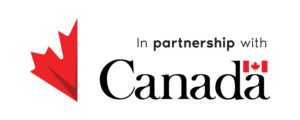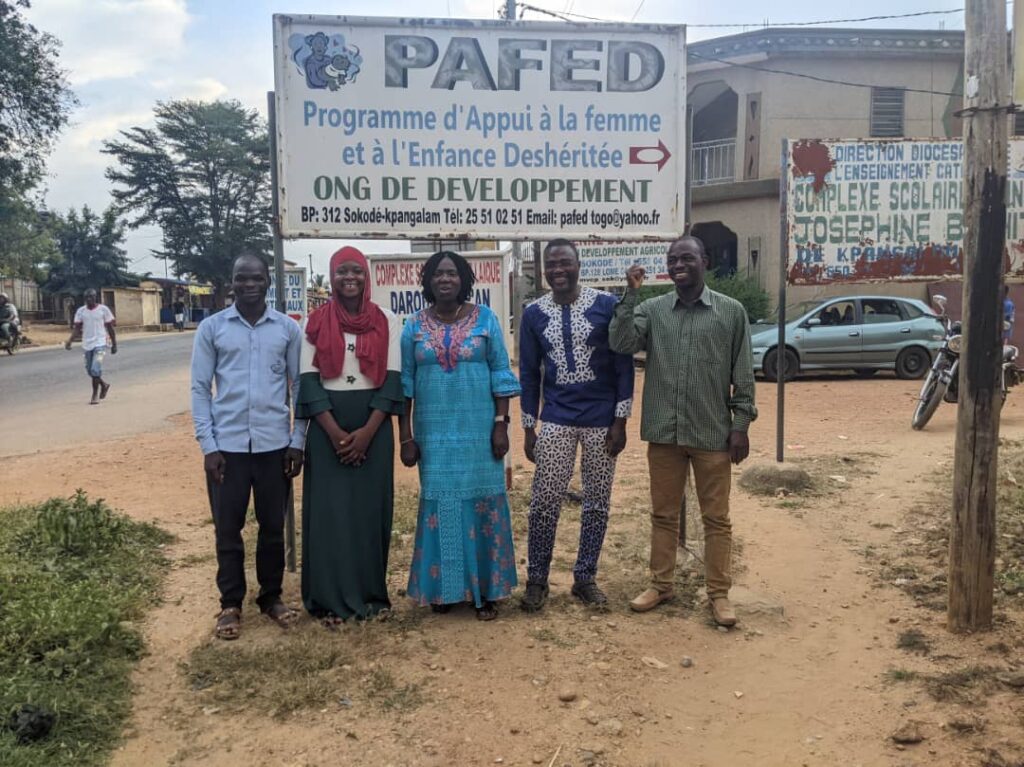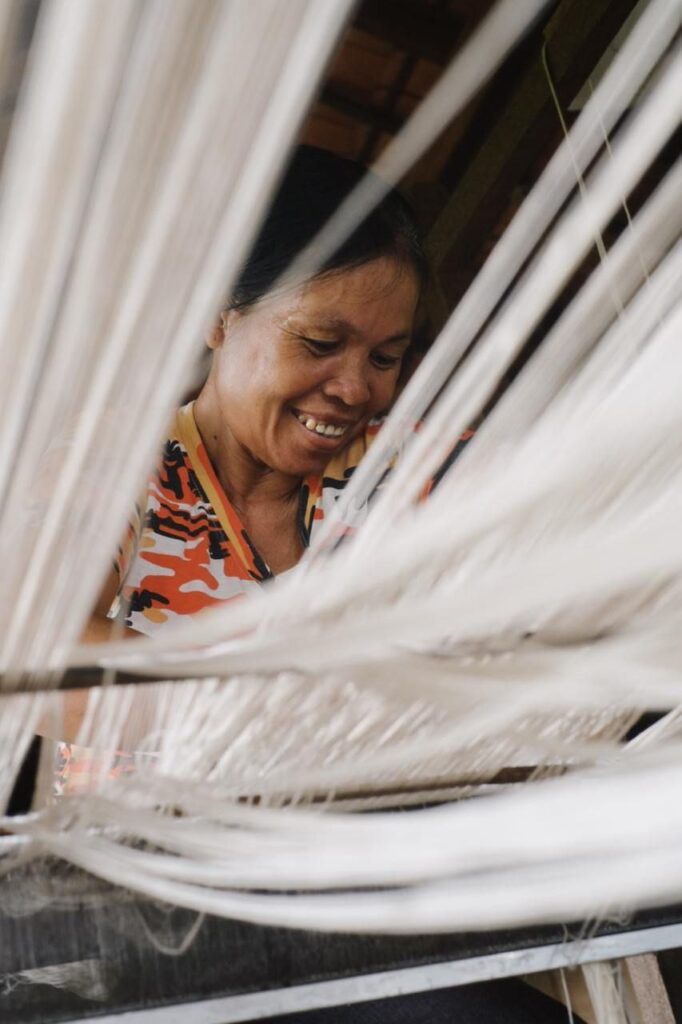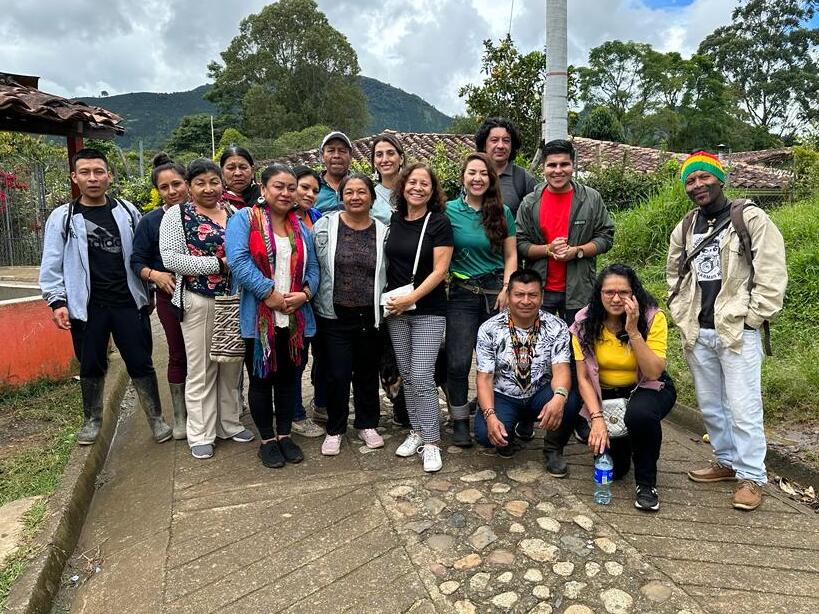Women Raise their Voices in Suriname
Raising the voices and experiences of women is a necessary step towards a gender-equal world, which leads to greater peace and prosperity for all.
Structures of governance all over the world play an important role in this movement. This is something Judith Karijodrono and Shiefania Jahangier know all too well.
Judith and Shiefania head up the Bureau Gender Affairs (BGA)—a department of the Ministry of Home Affairs in Paramaribo, Suriname. In this Caribbean nation, Indigenous and rural women remain disproportionately impacted by severe poverty and environmental issues.
The Ministry of Home Affairs has been striving towards the greater participation of women in the country’s economic and social development. To help carry out this objective, the BGA was tasked with creating a national gender policy to serve as a shared framework across government ministries and NGOs to direct programs that enhance opportunities for women.
“A gender policy points the way to achieving gender equality,” says Judith. “And gender equality is the starting point for economic and social well-being for all.”
It was no small feat. But working in partnership with CESO, the department’s vision would soon become a reality.
In October 2018, CESO Advisor Cheryl Hebert travelled to Paramaribo to lend her expertise in human rights, gender and policy development to the BGA. She began her work by running workshops with government ministries and stakeholders to identify gender issues and establish a shared vision to guide the process of gender mainstreaming.
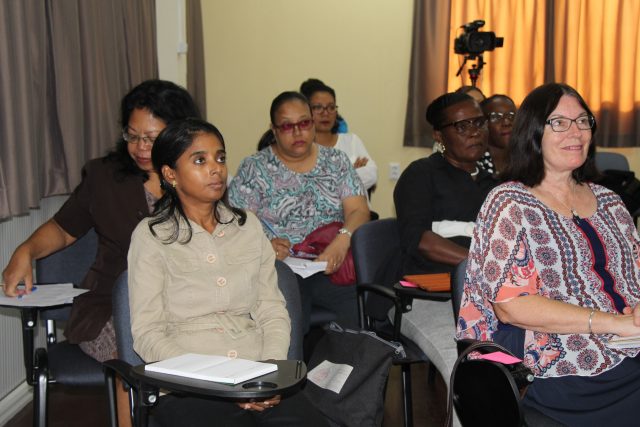
A training session with Bureau Gender Affairs to discuss gender equality and gender mainstreaming.
“They could see that they had an important role to play,” reflects Cheryl. “There was more clarity and a sense of coming together, and that in itself is empowering.”
CESO’s workshops helped the BGA better understand policy and action planning and the importance of applying results-based management to developing effective and measurable policies.
Equipped with this training and a supported vision of gender equality, the BGA launched their Gender Action Plan 2019-2020 and Gender Vision Policy Document 2021-2035 on July 5, 2019.
“A gender policy points the way to achieving gender equality. And gender equality is the starting point for economic and social well-being for all.”
Judith Karijodrono, Bureau Gender Affairs Coordinator
Now in execution, the Gender Action Plan forms a bridge to the long-term gender policy. Judith and Shiefania are already seeing the impact of government departments and organizations investing in the rights of women.
In December 2019, the BGA carried out gender and engagement workshops with The Association of Indigenous Village Leaders Suriname (VIDS) and The Organization for Kwinti, Aluku, Matawai, Paamaka, Okanisi and Saamaka Maroons (KAMPOS). Both organizations address pervasive inequalities faced by Indigenous and tribal populations in Suriname.
Regional Health Services, a department belonging to the branch of government in Marowijne District, has been scaling up information on family planning, reproductive and maternal health in schools and clinics.
“There’s no doubt that if you’ve got high levels of poverty, violence and injustice impacting such a large percentage of people, you’re going to be held back in development,” explains Cheryl. “These issues facing women are only going to be addressed if there’s a system in place that acts as a starting point, plan and structure.”
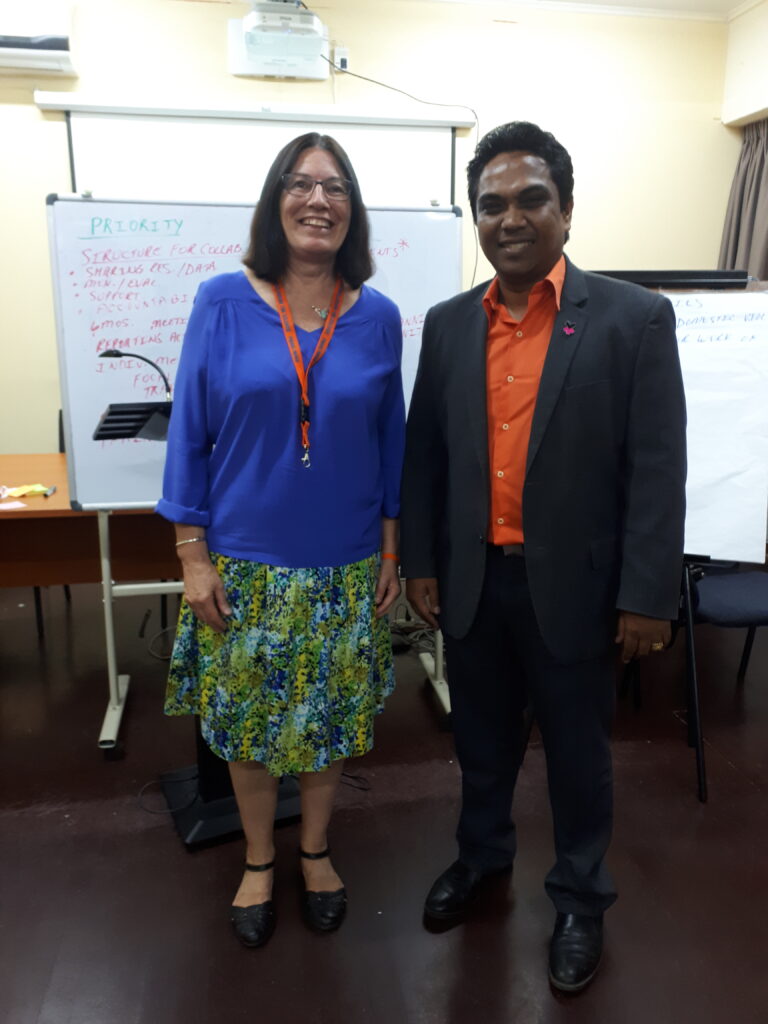
In the years to come—across areas of education, health, labour, income and poverty reduction, climate change, and power and decision-making—key objectives ensuring women and men benefit equally will be integrated into Suriname’s national development plans and become the driving force for gender justice.
“We’ve made some significant progress but we can’t expect success to happen overnight,” cautions Cheryl. “There are tremendous obstacles to overcome. But that’s the thing about bureaus that work on gender issues—there is incredible resilience against all odds.”
